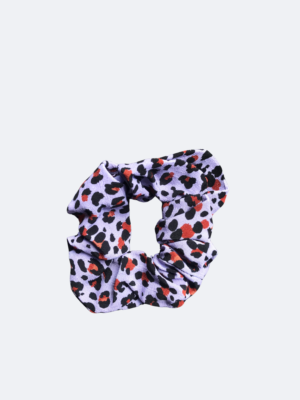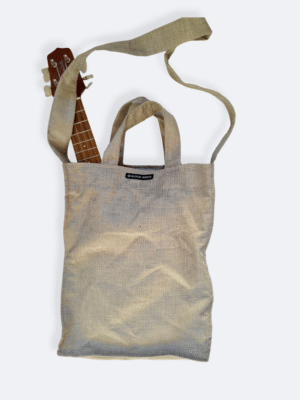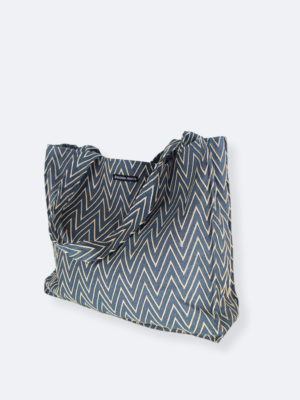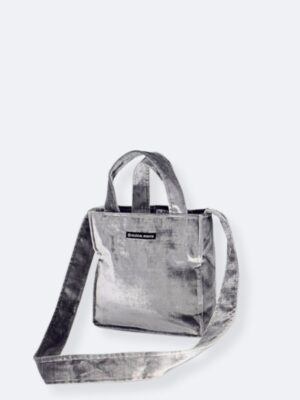Glocal Insight
Navigating Womanhood as a Refugee in a Patriarchal World
Periods, bras, breastfeeding, motherhood. Take a look at some of the challenges unique to being a female refugee and how our center in Athens works to make life a little easier for these women.
Walking into any refugee space in Athens, you’re likely to see a room filled mostly with men. Female asylum applicants are vastly outnumbered by their male counterparts: women make up just 14-20% of applicants and children make up 20-25%. Glocal Roots at Victoria Community Center in Athens is one of the only exclusively-female refugee spaces in Athens, and judging by the sheer number of visitors we receive – which is on average 1,200 per month – it’s easy to see these spaces are in high demand. Why?
Gender has a huge impact on the refugee experience, especially for women. In a patriarchal world, and especially when combined with deeply patriarchal norms of some cultures, simply existing as a woman in co-ed spaces can be a challenge. Monica, a homeless woman from Romania, talks about having to breastfeed her newborn baby on the sidewalk, under the prying eyes of every passerby. Fanta – a regular here at the center – talks about the co-ed container she shared with eight other people in the camp on Lesvos, and how many of her nights there were sleepless, concerned for her and her baby’s well-being. And coming to the mainland several months ago has not solved all problems – just last month, she had her phone stolen out of her baby’s stroller by a man who offered to help her lift it up onto the bus, losing not only all the photos of her baby since birth, but contacts of friends and family. Sumayah, a Moroccan woman, shares concerns about her daughter’s emotional development following the detainment of her husband, who was arrested for lacking documentation. Now, operating essentially as a single mother and speaking no Greek or English, she is struggling to enroll her daughter in school. This is just a small glimpse into the challenges that women in our community face every day.
We regularly have women who come to the center for gender-specific needs such as menstrual products, undergarments, bras, and condoms. We have a private space where women can breastfeed their children or pray away from the male gaze. And, on a more general level that every woman who reads this will understand: it is simply hard to navigate a patriarchal world as a woman.
Refugee women face a unique set of obstacles. Those who are fleeing deeply patriarchal cultures are often arriving with less education, work experience, and general participation in public spheres than men. Additionally, for mothers, the bulk of childcare responsibilities often fall to them, further isolating them from the public spheres. For these reasons, women driven by desperation are often at risk of exploitation in the workforce and in general. Facing discrimination not only based on their background or race, but also for their gender, navigating life as a refugee woman is an uphill battle.
For these reasons and many more, more gender-specific refugee spaces and integration measures are important to the well-being of our community. Zahra, a community member from Afghanistan, powerfully notes: “Here in the center I found a new home. I live in a camp where it is dirty, loud and not safe. But when I come here I feel welcome, I can laugh and my children can play and have a good time.”
Ultimately it is this – giving women the space to feel free, safe, and welcomed – is all that we strive for.







